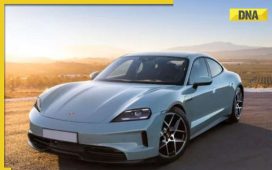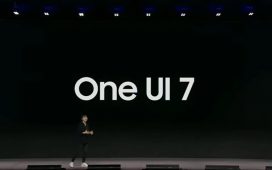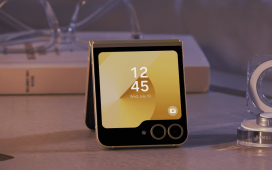My partner and I were relatively early adopters of an electric vehicle, buying a Renault Zoe in autumn 2020 during the pandemic. It seemed to make sense to get aboard. After all, the future was electric, wasn’t it?
After the first year, I wrote an article in this paper about what the experience was like. It was something of a saga. We discovered the charging infrastructure was a chaotic world of different companies and apps. We experienced – and overcame – range anxiety (will the car go as far as the battery says?), only for it to be replaced by charge anxiety (can you find a charger that works?). We underwent lifestyle changes, some good (like more train use), some bad (like gender division setting in over apps and charging points). We didn’t dare undertake a 700-mile drive across France. But in spite of the difficulties, the article ended on a relatively positive note.
What we assumed then was that the government would steadily make things easier for electric vehicles. But while we are now used to the electric way of life, many of the original difficulties and disadvantages remain. Four years down the line, which is when the finance agreement on our car runs out, we find ourselves looking for another car while asking a heretical question: is electric worth the effort? Life might be so much easier if we gave up.
In our “approaching the end of finance agreement” conversation with the dealership, we learn that we are not alone. “We took it for granted,” says the dealer “that you were coming to look at a hybrid. Everybody else is.” Statistics released last week show his perception is right: enthusiasm for EVs has stalled and the motor industry is failing to meet its mandatory sales targets.
Our dealer is taken aback when we say we’re still open to the idea of an electric car, especially because our profile is unusual. Unlike most EV drivers, we don’t have a drive on which to park and charge the car outside our house, but we are reliant on public charge points, in our case mainly lamp-post chargers in the south-west London borough of Wandsworth. Nor is the car an urban runaround – any car journey undertaken, however long, is electric. The dealer is surprised we didn’t chuck it in ages ago.
But our experience has been genuinely mixed. Electric cars are technically uncomplicated, so there’s much less to go wrong. Our car has been exceptionally reliable. We’re still well under our guarantee (100,000 miles). Charging the car from lamp-posts is second nature. The chargers are out of order less often and most payment apps work in broadly similar ways. We spend far less time ringing helplines. But many of the expected improvements haven’t happened. There is still no single card with which to pay at all chargers, and journeys out of home territory are likely to require downloading further apps. There are still areas that are charger deserts. We recently abandoned the idea of driving to East Yorkshire because of the lack of chargers.
As for the fast chargers in service stations, again the picture is mixed. There are more “big supplier” garages with 20 or so chargers, and fast chargers are pretty fast. But many service stations have just a few and, as numbers of EVs increase, so does the pressure on chargers. On a recent journey back from Lincoln, we encountered long queues at three motorway service stations, each with only six chargers. No real EV queue etiquette has evolved, so it was stressful, wondering if after a long wait someone would push in. Fortunately, EV drivers are a reasonable bunch so there were no arguments. I still resent not being able to do longer journeys without elaborate planning and constant just-below-the-surface anxiety about charging.
What about the finances? The car we bought, although basic, was way over the price for an equivalent petrol car. But EVs are cheap to drive, not just because maintenance is so cheap. Fully charging the battery, giving a range of 230 miles, costs about £11 on slow chargers, and £33 on fast. There’s no road tax and EVs are exempt from Ulez and congestion charges, although the latter advantage will disappear next year.
Crucially, our purchase looks like a bad buy because the value of secondhand electric cars has crashed. Having anticipated that the car would easily hold its value because of increasing demand, we owe the finance company more than our EV is worth – fortunately, we can hand back the car. Enthusiasm for electric cars has stalled.
Fairly early on there was a big problem getting spare parts, which were costly and subject to long delays. The situation has improved but damaged EVs’ reputation. What’s causing the price drop is the convergence of an increasing supply of cheaper EVs from China (and Tesla reducing its prices) at the same time as initial willingness to adopt electric has worn off in the face of the fact that nothing much has changed in the driving experience. These aren’t problems to be left to the market to solve, but require more government commitment to make the infrastructure more user friendly and send clear signals about the future of electric.
after newsletter promotion
It would feel like a defeat to give up a fully electric car when we’ve made so many adjustments. It still feels right that petrol should be replaced by electric. Hybrids feel a bit pointless and plug-in hybrids are still pretty unevolved with limited electric range, and with two types of engine there’s twice as much to go wrong.
But, sigh, there are so many things it would be nice not to have to worry about – from “hunt the working charger” to the planning needed for long journeys. My partner is more inclined to stay with electric than me. I’m still hoping the government will incentivise EV driving. Wouldn’t it be nice if the virtuous driver were rewarded rather than disadvantaged?









